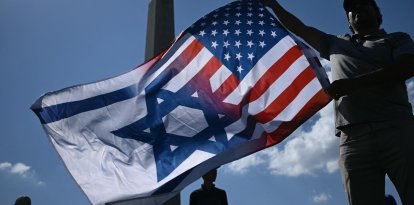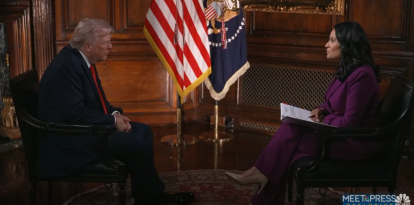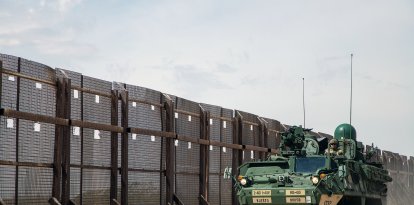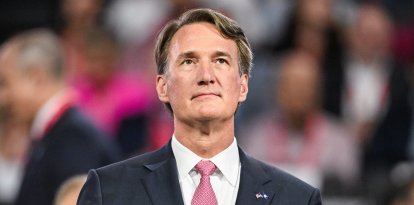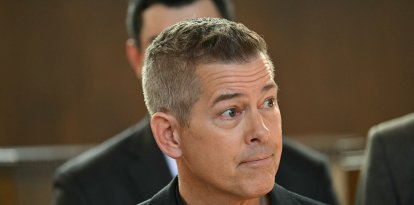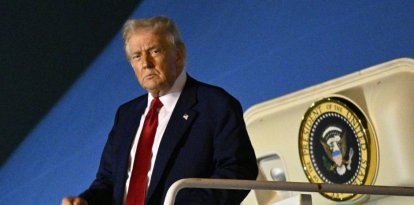Courts strike down the Biden administration's leftist agenda
The Supreme Court on four occasions and a federal judge have all ruled against the president's main proposals.
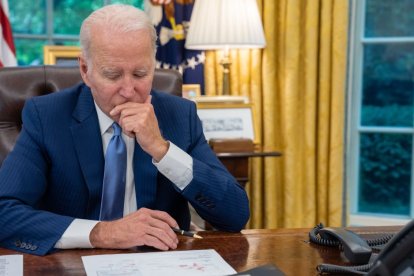
(White House)
The Biden administration has accumulated a series of recent setbacks that are unraveling its main political and ideological proposals. The Supreme Court (SCOTUS) gave the president a particularly tough week, with rulings that eliminated affirmative action in university admissions, shielded religious freedom and overturned student debt forgiveness. More recently, a federal judge prohibited executive branch officials from coordinating with tech companies for censorship.
No to affirmative action
On Thursday, June 29, with 6 of the justices voting for and three against, the Supreme Court ruled that Harvard University and the University of North Carolina violated the Constitution with their admission procedures because "they have only allowed the race-based admissions within the limits of narrow restrictions. University programs must adhere to strict neutrality; they can never use race as a stereotype or negative element."
According to Chief Justice John G. Roberts, "The student should be treated on the basis of his or her experiences as an individual, not on the basis of race. Many universities have for too long done just the opposite. And in doing so, they have concluded, erroneously, that an individual's merit is not the challenges overcome, skills acquired or lessons learned, but the color of his or her skin. Our constitutional history does not tolerate that choice."
Defense of Religious Freedom
One of the main obsessions of this administration, especially the Department of Justice and Attorney General Merrick Garland, has been the use of government resources, including the FBI, to persecute Christians. These attacks have been especially severe against pro-lifers, who have seen several of their leaders arrested in their homes in front of their families. However, SCOTUS ruled on two occasions and on different aspects, in defense of religious freedom.
On the June 27, the Supreme Court ruled in favor of Gerald Groff, an evangelical Christian who was forced to leave his job as a mail carrier when his company tried to force him to work on Sundays, something he refused to do because of his faith. The ruling filled a loophole in Title VII, which states that employers must respect the religious practices of their workers unless it would pose an "undue hardship." In the 1977 Trans World Airlines v. Hardison case, the Supreme Court noted that "anything that involved more than a minor, or de minimis, cost" could be considered "undue hardship."
In the new ruling, Justice Samuel Alito emphasizes: "We hold that demonstrating 'more than a de minimis cost,' as this expression is used in common parlance, is not sufficient to demonstrate the existence of 'undue hardship' under Title VII. We believe it is sufficient to say that an employer must demonstrate that the burden of granting an accommodation would result in a substantial increase in costs in relation to the conduct of its particular business."
Just 24 hours later, the Supreme Court ruled in favor of Lori Smith, a Christian web designer who refused to plan events for same-sex couples on religious grounds. Her claim reached the Supreme Court because it violated Colorado's Anti-Discrimination Act. The ruling states that "the First Amendment conceives of the United States as a rich and complex place in which all people are free to think and speak as they wish, not as the government requires."
Student debt forgiveness
Joe Biden's star personal measure for ended before it began after SCOTUS found that the president was giving himself and the secretary too much power:
Federal judge v. Biden and Big Tech coordination on censorship
U.S. District Judge Terry A. Doughty found proven coordination between Biden administration officials and Big Tech executives to censor conservative speech. According to the ruling, there was "evidence of a massive effort by defendants, from the White House to federal agencies, to suppress speech based on its content." In view of this situation, the judge prohibited the president's employees from contacting technology companies to promote censorship, with some exceptions.
RECOMMENDATION
